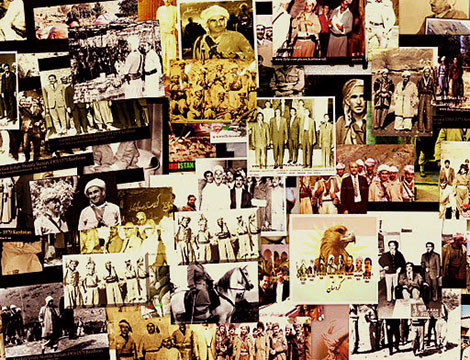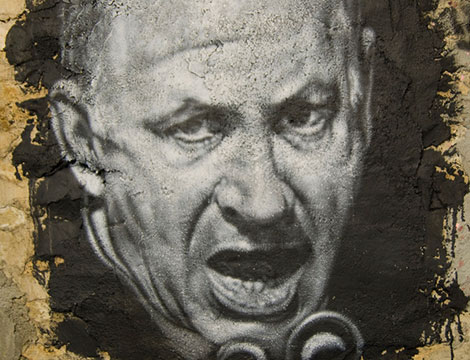
This article was originally published by the African Center for Strategic Studies on 11 January 2017.
In January 2013, Hamadou Kouffa led Islamist forces from northern Mali south toward Konna and Diabaly, an act that precipitated an African and French intervention eventually driving the militants out of entrenched positions. Two years later, Kouffa reemerged on the international scene at the head of the newly founded Macina Liberation Front (Front de Libération du Macina, FLM). Since January 2015, Kouffa’s group has claimed responsibility for several attacks in central Mali, including assassinations of local political figures and security forces, as well as the destruction of an ‘idolatrous’ mausoleum.
In its goals and methods, FLM resembles other Islamist terrorists operating in the Sahel and Sahara, such as Al Qaeda in the Islamic Maghreb (AQIM). What makes the FLM different is the attempt to rally nomadic Fulani herdsmen to its cause. Kouffa, a Fulani marabout, communicates to FLM members in the Fulani language, and the name Macina harkens back to a nineteenth-century Fulani state based in central Mali and governed under Islamic law.




